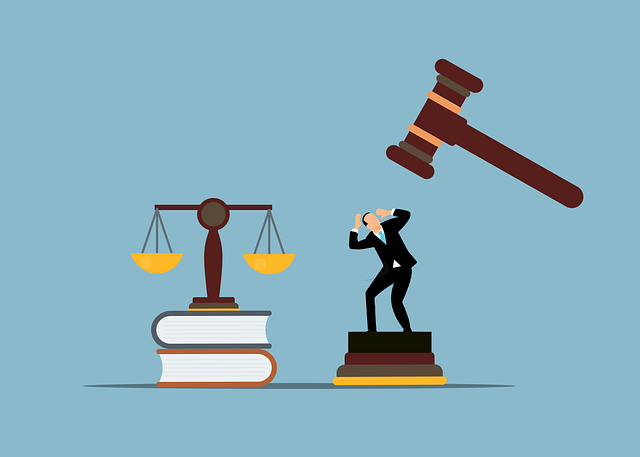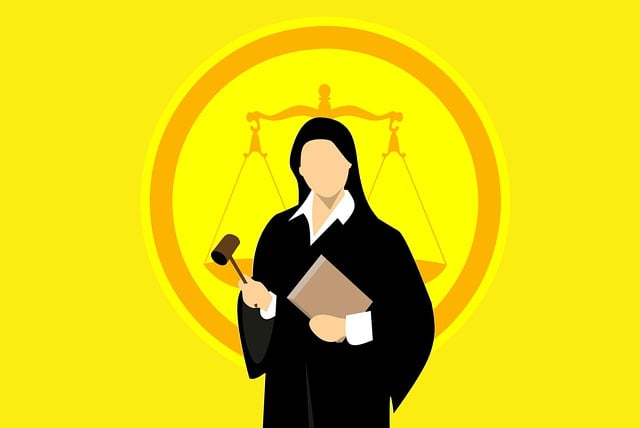In personal injury cases, especially wrongful death scenarios, "wrongful death pain and suffering" claims are crucial for compensating individuals and families affected by severe harm, including physical injuries and emotional distress. Insurance companies assess these claims meticulously through medical records, incident details, and legal guidelines to provide fair reimbursement for tangible and intangible losses like reduced quality of life and psychological trauma. This process involves complex evaluations, aiming to balance the severity of injuries with legal standards while adhering to dispute resolution practices.
“In the intricate world of insurance, handling claims involving pain and suffering is a delicate process. When individuals face tragic events like wrongful deaths, they seek justice and compensation. This article delves into the strategies and considerations employed by insurance companies to navigate these sensitive claims. From understanding the legal implications of pain and suffering to assessing damages, we explore how insurers determine payouts. By examining these processes, we uncover the crucial aspects that impact victims’ paths to recovery and closure.”
- Understanding Pain and Suffering Claims: What They Entail
- The Assessment Process: How Insurance Companies Evaluate Claims
- Compensating Victims: Types of Damages and Payouts
Understanding Pain and Suffering Claims: What They Entail

Pain and suffering claims are a significant aspect of personal injury cases, especially in instances like wrongful death. When individuals or families file such claims after experiencing severe harm, including physical injuries and emotional distress, they seek compensation for the tangible and intangible consequences of their accidents. These claims encompass not just medical expenses but also the burden of rehabilitation, loss of quality of life, and psychological trauma.
In cases involving car accidents, truck accidents, or other incidents resulting in serious injuries, a truck accident lawyer or auto accident attorney can play a crucial role in navigating these complex claims. They help clients understand their rights to seek fair compensation for pain and suffering, ensuring they receive support not only for their physical car accident injuries but also for the emotional turmoil they may endure during the recovery process and beyond.
The Assessment Process: How Insurance Companies Evaluate Claims

Insurance companies employ a meticulous assessment process to evaluate and manage wrongful death pain and suffering claims, which involves a comprehensive review of various factors. This process is designed to ensure fair compensation for individuals who have suffered significant harm due to someone else’s negligence or intentional acts. Assessing such claims requires a delicate balance between understanding the severity of the victim’s circumstances and adhering to legal guidelines.
The evaluation begins with a thorough examination of medical records, which provide insights into the nature and extent of injuries, treatments required, and potential long-term effects. This is followed by considering the circumstances surrounding the incident, including liability, negligence, and contributory factors. Insurance adjusters may also consult with legal professionals to interpret applicable laws and regulations, ensuring that claims are handled in accordance with insurance disputes resolution standards. The goal is to arrive at a fair settlement amount that facilitates client recovery while respecting the limitations set by property damage claims or other relevant policies.
Compensating Victims: Types of Damages and Payouts

When insurance companies handle suffering claims, compensating victims is a crucial step in the process. Victims of various tragedies, from car accidents to medical malpractice, often seek damages for their pain and suffering. This category of compensation includes both physical and emotional distress, aimed at alleviating the financial burden and psychological trauma associated with such events. In cases of wrongful death, loved ones may be entitled to damages that reflect not only the loss of a loved one but also the pain and suffering experienced during the final moments and afterwards.
Different types of damages are considered when determining payouts. These include economic losses, like medical bills and lost wages, as well as non-economic damages such as pain and suffering, emotional distress, and loss of quality of life. In complex cases like caregiver negligence or commercial disputes, insurance companies must carefully navigate the specifics of each scenario to arrive at fair compensation. This involves extensive reviews of evidence, medical records, and expert opinions to ensure that victims receive a just settlement for their unique circumstances.
When dealing with sensitive cases like wrongful death and its associated pain and suffering, insurance companies employ rigorous assessment processes to ensure fair compensation. By evaluating physical, emotional, and financial damages, they aim to provide support to victims’ families during difficult times. While the claims handling process can be complex, it’s crucial for insurance professionals to navigate these challenges with empathy, ensuring that those affected by such tragic events receive the rightful payouts they deserve.






